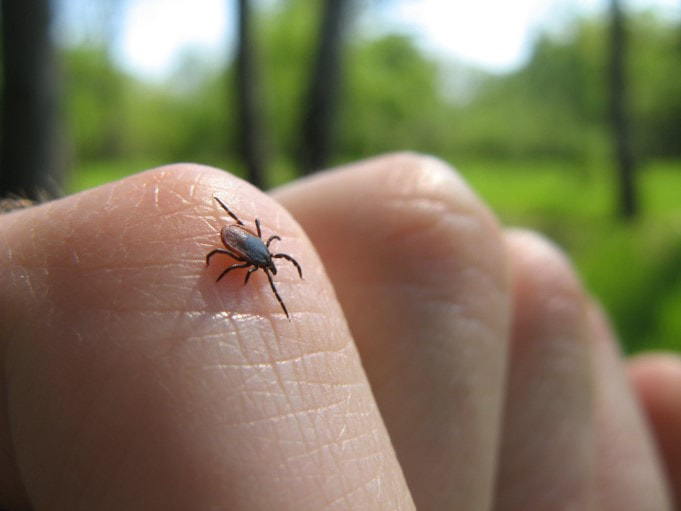DANBURY, Connecticut — Western Connecticut State University needs the public’s help for Project ITCH, a tick-focused research study now taking place in New England. There is no scratching involved, just participation in an online survey.
The university is a research partner in the federally designated New England Center of Excellence in Vector-Borne Disease. This spring the Center launched a study known as Project ITCH (Is Tick Control Helping) to find the best ways residents can protect themselves, their families and pets from tick-borne diseases.
The Project ITCH online survey asks New England residents about how they try to prevent tick exposure and tick bites. Participants can also sign up to potentially be part of a free tick and mosquito evaluation of their property next year. To complete the 10-minute survey and request to participate in the on-site evaluation, go to www.newvec.org/itch.
Project ITCH is one of the first region-wide research projects of the Center of Excellence, which launched in 2022 with a $10 million, five-year grant from the Centers for Disease Control and Prevention (CDC). But this is not a new field of study for Western Connecticut State University, which, through its Tickborne Disease Prevention Laboratory (Tick Lab), has studied since 2011 how tick-borne diseases can be prevented peridomestically (in one’s own backyard ) by manipulating the landscape, interfering with tick life cycle and/or by changing patterns of human behavior. The Tick Lab conducts research focused on the prevention of Lyme disease and other infectious diseases spread by blacklegged ticks in the northeastern United States.
“Ticks are commonly found in suburban yards all over our state,” said Biology professor and medical entomologist Dr. Neeta Connally, who oversees WCSU Tick Lab and Project ITCH activities in Connecticut. “We know people take all sorts of measures to manage backyard ticks, but we also know that not all approaches are equally effective.” Connally explained that the ultimate goal of all Tick Lab research at WCSU is to prevent residents from being exposed to ticks that can make them sick with Lyme disease, anaplasmosis, Powassan encephalitis and even babesiosis, which is on the rise in the region. “Through Project ITCH we hope to better understand what people do on their own properties so that we can work to evaluate and improve tick prevention measures,” Dr. Connally said.
Project ITCH is led by scientists at the University of Massachusetts Amherst, and research partners besides WCSU include the University of Rhode Island, University of New Hampshire, University of Maine and Northern Vermont University. For more information, contact Dr. Neeta Connally at connallyn@wcsu.edu or WCSU Public Relations at pr@wcsu.edu.
Western Connecticut State University changes lives by providing all students with a high-quality education that fosters their growth as individuals, scholars, professionals and leaders in a global society. Our vision: To be widely recognized as a premier public university with outstanding teachers and scholars who prepare students to contribute to the world in a meaningful way.

